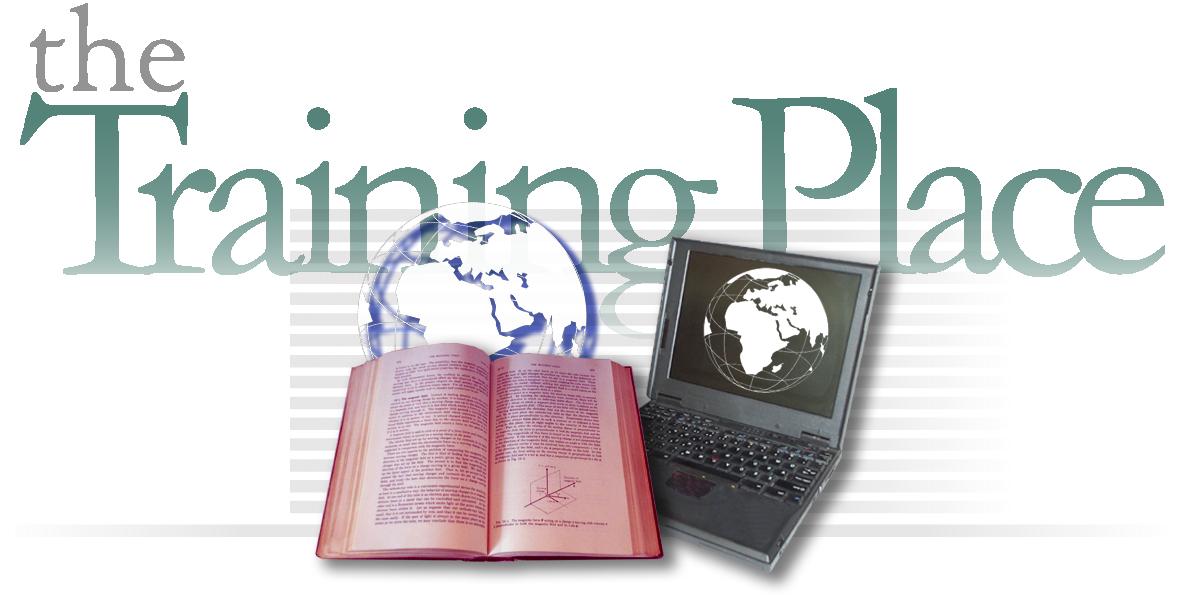
| The Training Place | Home | |||
 |
|
||||||||
| Learning Orientation
Research Introduction The Learning Orientation Research Model considers the key "whole-person" sources of individual learning differences. The model discusses the role of emotions (in the context of recent neuroscience advances) and uses this information to portray how three construct factors measurably interact to influence more successful learning. This research expands the traditional cognitive perspective with an updated biological perspective. It provides a broader, more sophisticated understanding about the impact of emotions and intentions on how individuals feel about learning and how they may want or intend to learn differently. The model proposes using scientific foundations to provide the missing link to the instructional design process. It identifies at-risk learners and suggests specific strategies for accommodating learning needs and improvements, especially for online audiences. It also offers guidelines to enhance an educator's abilities to create and deliver high-quality learning solutions. Additionally, it provides a scientific basis for understanding, predicting, measuring, and managing learning--for the instructors, learners, designers, and organizations. More about
Learning Orientation Research: The
Learning Orientations Model is based on a three-factor
construct: More about Learning Orientations Construct Factors: http://www.trainingplace.com/source/research/learningorientations.htm] There are four learning orientations that broadly represent the diversity of learning and enable us to explain key sources for learning differences. 1.
Transforming Learning Orientation 2.
Performing Learning Orientation 3.
Conforming Learning Orientation 4.
Resistant Learning Orientation
More info?
http://www.trainingplace.com/source/research/lomatrix.htm
Important:
Learning orientations are not learning styles. The
key distinction is that whereas learning styles recognize
the dominant influence of cognitive factors (and demote
or overlook other factors (especially emotions) to a
secondary or non-role), learning orientations recognize
the dominant impact of emotions, intentions, and social
factors.
In fact, this research flips most traditional cognitive and instructional technology
models upside down (such as, learning styles or other "incomplete" models
based on primarily cognitive perspectives). In contrast to most traditional
approaches that focus primarily on behavioral aspects, technology, or
cognitive processes, this
research proposes a higher-order theoretical foundation for adaptive learning
and the design of learning objects. Most of the previous years of unsuccessful
adaptive learning and artificial intelligence research failed to consider
many biological aspects of learning, especially if it focused primarily on
cognitive aspects. This research uses the study of the brain to explain individual learning differences and personalized learning from a highly conative and affective perspective. Neuroscience research identifies the dominant impact of brain activity in the amygdala/hippocampus (e.g., emotional center). This research provides specific guidelines and strategies for supporting learners with more individualized solutions. Once a learner's approach / ability is identified, more cost-effective solutions (subsets targeted for specific needs) can be adapted to meet current online learning ability, as well as foster improvement in an additional domain of online learning ability (e.g., goal-setting, task sequencing, reflection, progress monitoring, etc.). Much of the
learning orientation research uses the
neuroscience and biological foundations offered by these researchers and
others: The LOQ newsletter highlights the neurobiology of learning and memory research. [URL: http://training.trainingplace.com/newsletter/index.htm] Learning Orientation
Questionnaire Looking at an individual's learning orientation is in contrast to the industry-standard which is a primarily cognitive approach (that is, if considered emotions, intentions, and social factors are subjugated to a secondary influence). Another LOQ benefit is that learning ability can be identified and measurably improved over time...also to the client's and learner's advantage (e.g., improve holistic thinking or problem-solving ability). Additional information about the Learning Orientation Questionnaire can be found here: [URL: http://www.trainingplace.com/loq/loqinfo.htm] Validation
studies are described here: 2001.
Bentley, J. Accounting for individual differences in
learning: Where do we start and what are the implications
for online instruction? (Utah State University). The LOQ is available for research purposes. Related Publications 2001.
Jones, E. R. and Martinez, M. 2001. Learning Orientations
in University Web-Based Courses - a paper accepted for
publication in the Proceedings of WebNet 2001, Oct 23-27,
Orlando, Florida. 2001. Martinez, M. and Bunderson, C. V. Foundations for Personalized Web Learning Environments. [online] Journal of Asynchronous Learning Networks, 4(2). [online] -- [URL: http://www.aln.org/publications/magazine/v4n2/burdenson.asp]. 2000.
Intentional Learning in an Intentional World: New
Perspectives on Audience Analysis and Instructional
System Design for Successful Learning and Performance.
Journal for Computer Documentation, 3-20. 2002. Beyond Classroom
Solutions: New Design Perspectives for Online Learning
Excellence. IEEE Educational Technology & Society. 2001. Kort, B., Reilly, R.,
Picard, R. External Representation of Learning Process
and Domain Knowledge: Affective State as a Determinate of
its Structure and Function (Media Laboratory,
Massachusetts Institute of Technology) 2002. Hughes, S. etal.
Overcoming Social and Psychological Barriers to Effective
On-line Collaboration (Naval Air Warfare Center Training
Systems Division & and Joint Advanced Distributed
Learning Co-Laboratory) 2002. What is Personalized
Learning? (The eLearning Developers' Journal) Other publications are available
at this site: |
Thank you for visiting The Training Place. Contact us. We respect your privacy. Copyright
© 1997-2002, The
Training Place, Inc. |